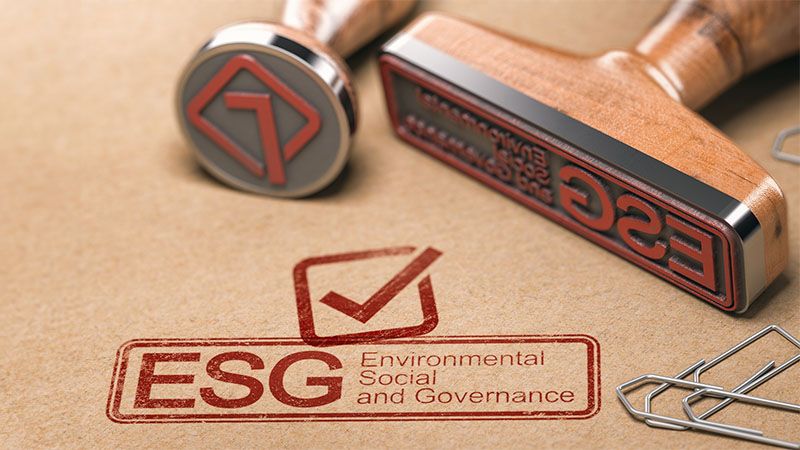A new academic paper has found that ESG investment showed higher volatility in Germany and Italy than in France during times of crisis.
The paper, entitled Evaluating the resilience of ESG investments in European Markets during turmoil periods, said despite some regional variations, ESG portfolios demonstrate greater resilience compared to traditional ones and can offer potential risk mitigation during market shocks. These results, the academics say, underscore the importance of integrating ESG factors into long-term investment strategies.
The Covid-19 pandemic and Russia’s war of aggression against Ukraine formed the backdrop for the study’s results.
See also: Invest Europe updates ESG reporting guidance
It was concluded by the authors: “Throughout the period affected by the Covid 19 emergency, the strong turbulence in the financial markets highlighted the resilience of ESG assets compared to the rest of the market. This demonstrated that ethics and financial performance can coexist, contradicting previous claims that they represented an added burden. However, it is important to emphasise that this is a complex relationship and that ethical investments do not always produce the expected financial returns.”
They added: “The findings of this study indicate that not only the pandemic phenomenon but also the war conflicts, particularly that in Ukraine started in 2022, had a significant impact on investments in Europe, amplifying the volatility of financial instruments. European financial markets were influenced by both the demand and supply sides of general investments. Ongoing conflicts, including those in the Middle East, have challenged the sustainability of certain sectors, particularly energy, where oil and gas companies saw a re-evaluation of their role.”
See also: EU green lights ESG ratings regulation for 2026
Although the paper is yet to be peer-reviewed, it points out that the higher volatility of ESG indices may be linked to the sector being more exposed to economic, political, and social fluctuations. The post-pandemic economic crisis, the authors write, and the dependence on more vulnerable sectors such as tourism and agriculture, have increased the risks associated with investments. This is why, they say, the risk-return profile of ESG investments tends to be less favourable compared to traditional investments, especially in sectors less resilient to global crises.







